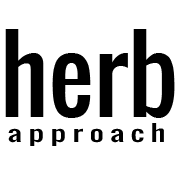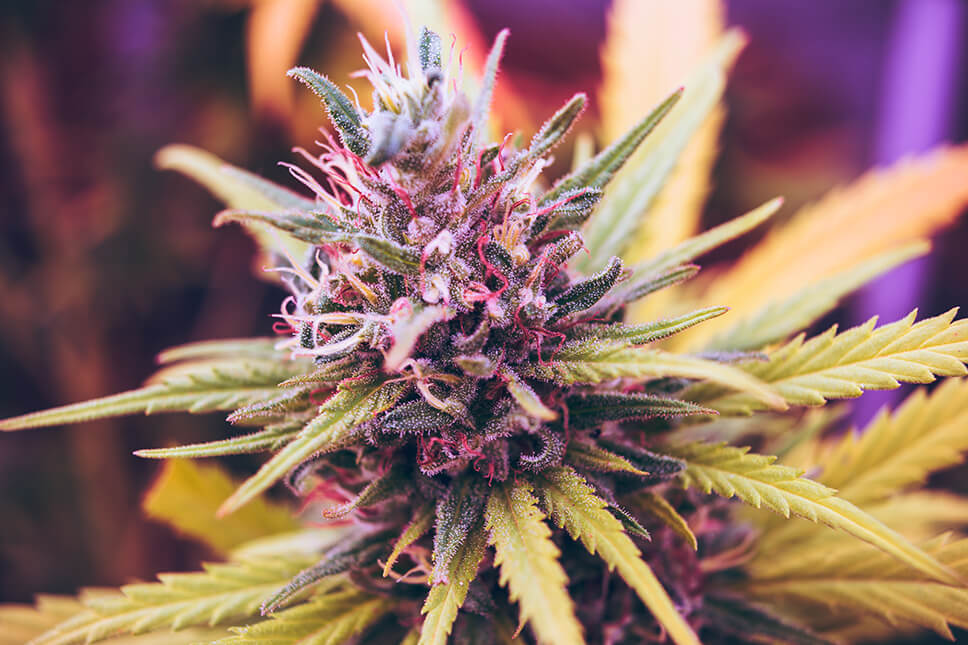CBD vs THC, now that’s a battle between arguably the strongest compounds in cannabis.
But what about the other couple hundred? The many that were just discovered within the past couple of decades?
This article doesn’t touch on CBD and THC’s supporting cast, but, rather, focuses on the rock stars of the ensemble, that being, THC and CBD.
THC, also known as Tetrahydrocannabinol, seems to be making all the recreational headlines for cannabis. Both good and bad.
While, CBD, acting as its brake system, is creating just as much buzz, but much more in the medical community.
But, how do these two heavyweight phytocannabinoids stack up against each other?
Let’s take a deeper dive into the differences of CBD vs THC, the heavyweight battle in the world of marijuana.
Table of Contents
- ROUND 1 – What is THC and CBD: A deep individual dive
- ROUND 2 – How CBD and THC Interact: A relationship of friction and benefits
- ROUND 3 – Is CBD or THC right for you? Benefits of THC and CBD
ROUND 1 – What is THC and CBD?
What is THC?
Before we compare both, let’s take a look at CBD and THC individually. And yes, there’s a lot more to them than just a psychoactive high and munchies. As pleasant as they are.
Tetrahydrocannabinol or THC is probably the most researched, yet scrutinized compound in cannabis.
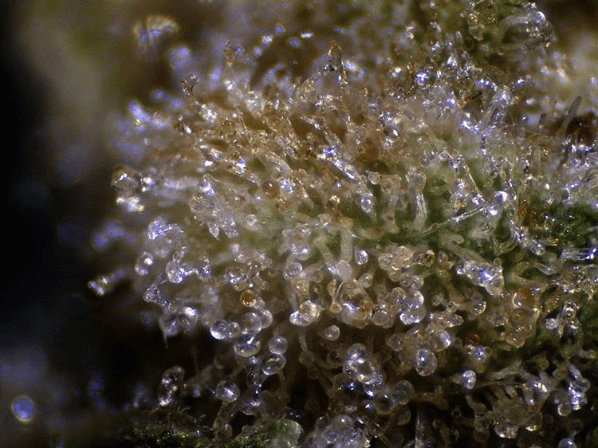
Discovered in 1964 by Dr. Raphael Mechulam, an Israeli-based organic chemist, THC is the molecule in cannabis that’s primarily responsible for its trademark “high” or euphoric-like effect.
Or in other words, it’s largely responsible for cannabis’ psychoactivity. Both mild and refreshing on one end, and potentially comatosing on the other. Hence, the experience of too many edibles.
When we consume cannabis in its many forms, THC is introduced into our brain chemistry by stimulating certain brain cells, thereby, releasing a pleasure molecule called dopamine, along with activating brain receptors in all sorts of other ways.
This rush of dopamine in tandem with the activation of certain brain receptors goes on to affect our thought process, perception of time and memory functions. Just to name a few.
What is CBD?
CBD on the other hand creates just as many psychoactive effects as your delicious anti-oxidizing morning tea.
Although its main functions are still being researched, some of CBD’s characteristics are already determined, with one being its role in helping generate or boost, the number of endocannabinoids we have in our system. This is unlike THC, which instead mimics the behaviour of such endocannabinoids.
If you’re not familiar, we all have an endocannabinoid system (ECS) that uses naturally produced endocannabinoids to create balance for many everyday vital processes. If we’re in short supply, phytocannabinoids like THC can help by playing a replenishing role, thus regulating our ECS.
More information about the ECS and its responsibilities can be found here.
In addition, CBD also plays the role of making endocannabinoids tougher, giving our bodies a harder time to break them down. This proves beneficial, as it helps our ECS better utilize the magic of endocannabinoids, thus improving the ECS’s role in regulating essential bodily functions.
So in other words, CBD helps regulate the regulator, that is, our ECS system.
Related: What is CBD: The Complete Guide to Cannabidiol
ROUND 2 – CBD vs THC, How They Interact
The bout between CBD vs THC continues to show in numerous more ways, especially, in how they both interact with each other.
CBD Reduces THC’s Adverse Effects
For instance, THC binds well with the brain receptor CB1, while CBD binds well with the CB2 brain receptor. Where THC goes too far, having adverse effects like anxiety, paranoia, tachycardia, and, even psychosis in large doses, CBD plays the mediator role, reducing and minimizing these same adverse effects by blocking CB1 receptors.
So coincidentally, the clash between CBD vs THC is clash that works out quite well for our biology, making the two more like a dynamic duo than a fierce rivalry.
Take Sativex, the FDA-approved mouth spray used for treating multiple sclerosis (MS) for example. This drug contains a 1:1 ratio of CBD to THC, meaning, it has equal amounts of each.
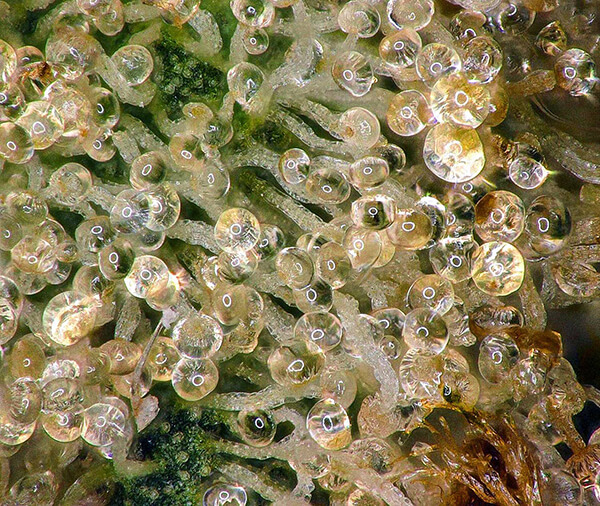
CBD vs THC, More Like CBD + THC
Although clinical research between the simultaneous use of THC and CBD is still in its infancy, there are still MANY studies showing how the use of both in balanced proportions produces less anxiety in patients.
But not only this, CBD also shows to enhance THC’s painkilling and anticancer properties, where together, they also show to stimulate neurogenesis, the creation of new cells in the nervous system, among others.
How to Dose THC with CBD for Stronger Benefits
A common therapeutic strategy seems to be administering consistent and measurable doses of CBD, with as much THC a person is comfortable with.
But the reality is, we are all so different when it comes to our ECS and biology. Some conditions and patients respond great to a small dose of CBD with little THC, while others respond even better with a more balanced ratio of 1:1.
In addition, different CBD vs THC ratios can also be used at different times of the day.
However, at the moment of this writing, research seems to show that a THC vs CBD ratio of 1:1 provides the most therapeutic relief across wide categories of ailments while having the least adverse effects like paranoia and anxiety.
Additional ailments alleviated also include insomnia, chronic pain and muscle spasms, autism, cancer, fibromyalgia and skin diseases, to name a few.
Related: Finding the Perfect Cannabis Dosage
ROUND 3 – Picking Between CBD and THC
Now that you’re more familiar with the roles CBD and THC play, how do you decide which one is right for you?
Decisions. Decisions.
This proves to be a trick question because as we’ve seen, the 2 work as a dynamic duo for targeting a plethora of ailments.
But the truth is, that’s not the case for everyone. Take the FDA-approved Epidiolex for example. This drug, being in the form of cannabis oil is 99% CBD and is proven effective for severe epilepsy in both children and adults.
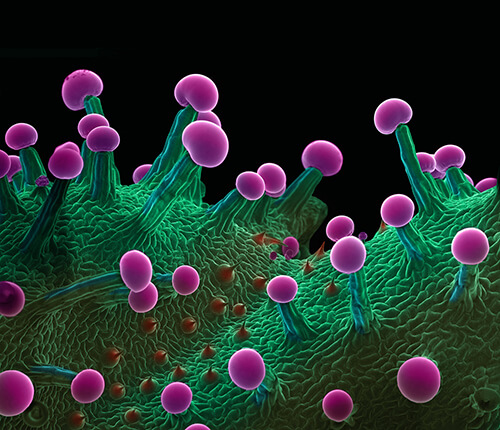
So, if you’re having trouble deciding whether THC or CBD is right for you, here’s a basic guideline to follow.
THC Effects:
- Sedate – Reduce insomnia
- Analgesic – Reduce inflammation and pain
- Uplifting and Euphoric – Creates a psychoactive experience
- Appetite Stimulation
CBD Effects:
- Anti-Depressant – Reduces Depression and Anxiety
- Reduces Seizures and Convulsions
- Neuro-Protective
- Anti-Emetic – Reduces Vomiting and Nausea
- Anti-oxidant – Fights neuro-degenerative disorders
- Anti-psychotic – Combats psychosis
- Anti-inflammatory
Final Thoughts on CBD vs THC
While THC alone has many amazing health benefits, it’s becoming more clear that when coupled with CBD, its benefits are taken to another level.
With CBD’s lack of psychoactive effects, its use as a medicine provokes FAR less scrutiny than its partner.
But when all is said and done, the bout between CBD vs THC is only surface level, as cooperation between the many cannabis compounds is showing greater promise.
